Articles
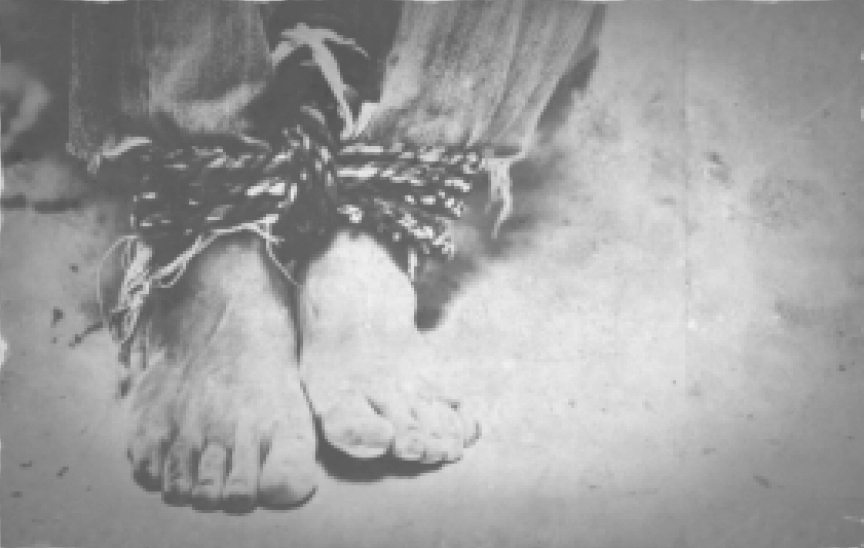
They Kidnapped My Father and Killed My Dog
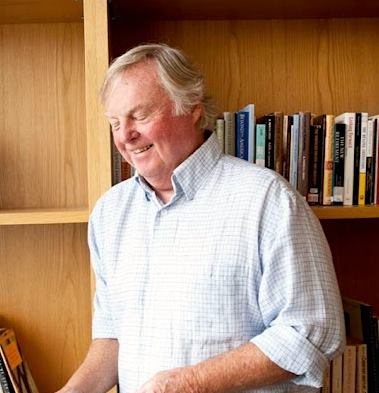
Review of Foreigner by Prof.Robert Atkinson, author and speaker

Forward to the book “Foreigner” by Judge Dorothy Nelson

Review of Foreigner by Peter Murphy, poet and writer
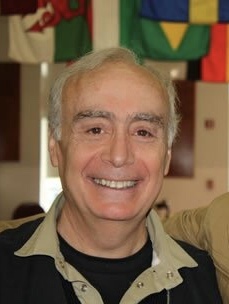
Review of Foreigner by Dr. Eric S. Mondschein, author

Review of Foreigner by Soli Shahvar -Professor of Iranian Studies, Department of Middle Eastern and Islamic Studies, the University of Haifa

Review of “Foreigner” by Kamran Hakim,scholar and writer

Reflections from Homa S. Tavangar educator and author on reading “Foreigner”

Reflections on reading “Foreigner” by David Rutstein, MD and Baha’i Scholar

Review of Foreigner by Babak Bahador,Babak Bahador,Professor at the School of Media and Public Affairs in George Washington University

Review of Foreigner by Dr.Duane Troxel, writer
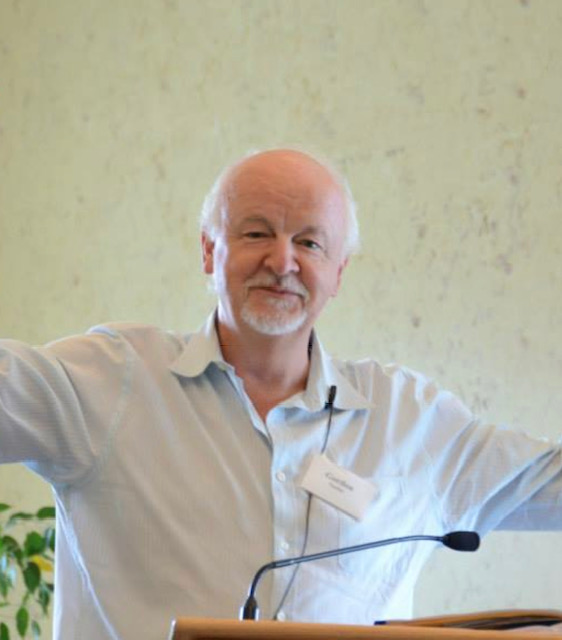
Review of “Foreigner” by Gordon Naylor,Educator and Writer

Reflections on reading “Foreigner” by Gwyn Magaditsch, Baha’i Scholar
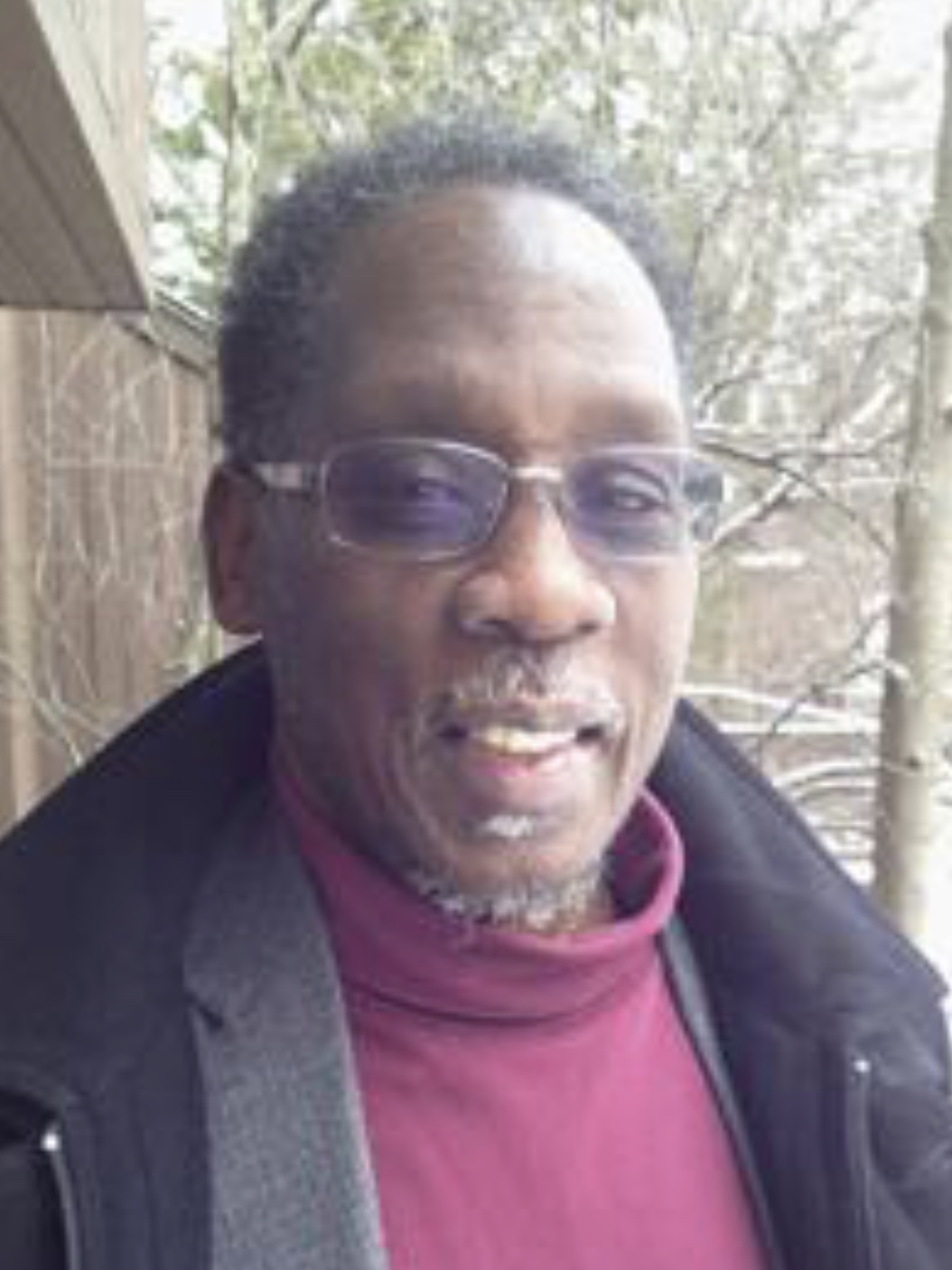
Review of the book “Foreigner” by Richard W. Thomas,Professor Emeritus of History at Michigan State University

Review of “Foreigner by Jan Sadeghian ,educator and writer
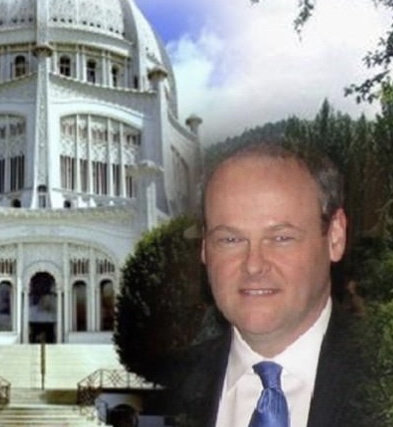
Review of “Foreigner” By Kenneth Bowers,secretary of the NSA of the Baha’is of U.S.A
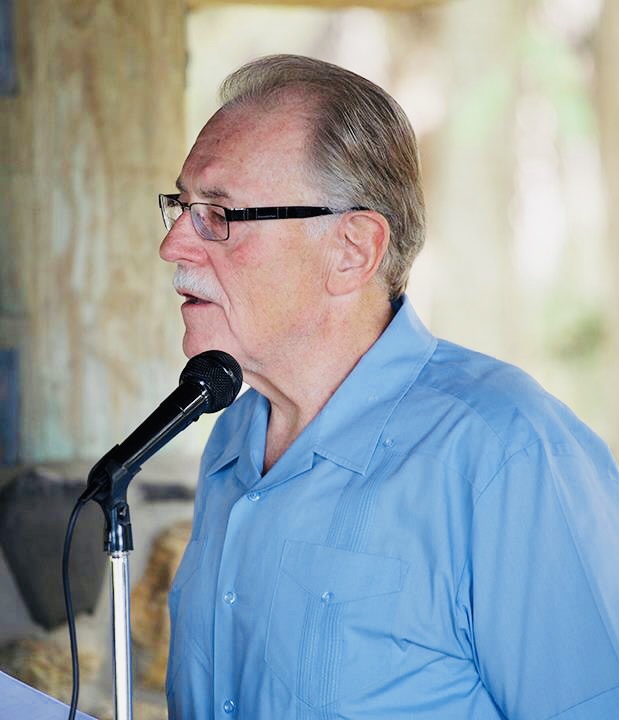
“Foreigner” review by Robert Harris,speaker and writer
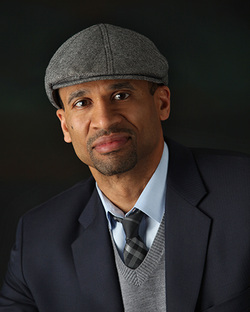
Review of Foreigner by Jesse Washington Senior Writer, ESPN’s TheUndefeated.com

Reflection on reading “Foreigner” from Mara Khavari, Founder of “Artists Building Capacity as World Citizens”

BABISM iii. Babism in Neyriz for Encyclopædia Iranica
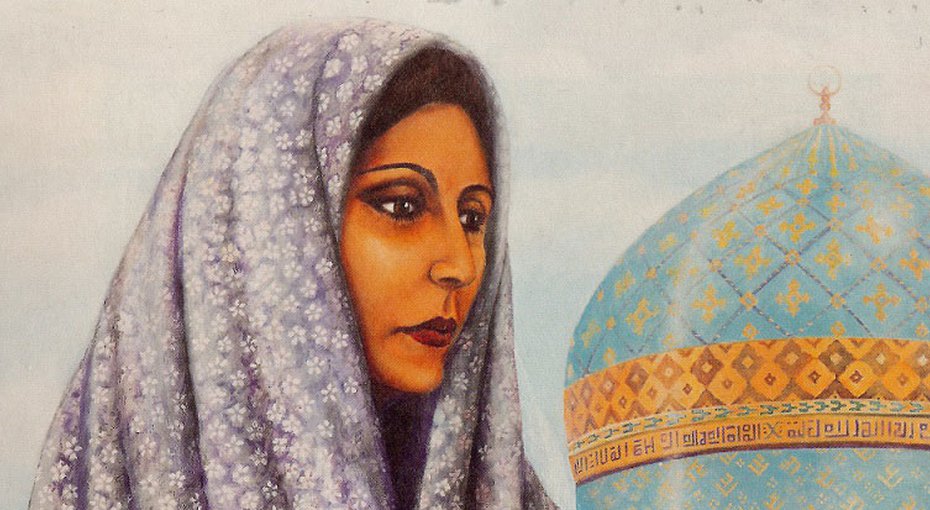
On Tahirih, The First Persian Feminist
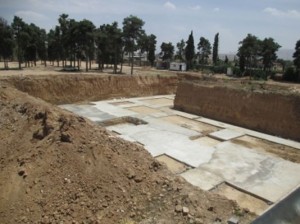
Iran’s Cradle-to-Grave Persecution-Iran Press Watch
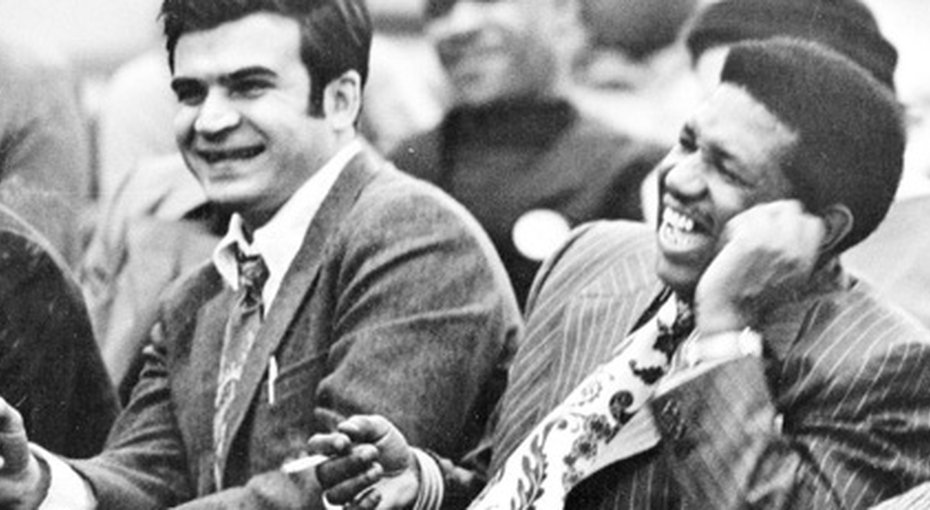
From Nayriz to New York: Hussein Ahdieh and the Story of Harlem Prep-Iran Press Watch

Sacrificial Education: For the Good of Others
To read the full text click here ...moreAnother unity is the spiritual unity which emanates from the breaths of the Holy Spirit. This is greater than the unity of mankind. Human unity or solidarity may be likened to the body whereas unity from the breaths of the Holy Spirit is the spirit animating the body. This is a perfect unity. It creates such a condition in mankind that each one will make sacrifices for the other and the utmost desire will be to forfeit life and all that pertains to it in behalf of another’s good. – Abdu’l-Baha, Foundations of World Unity, p. 67.
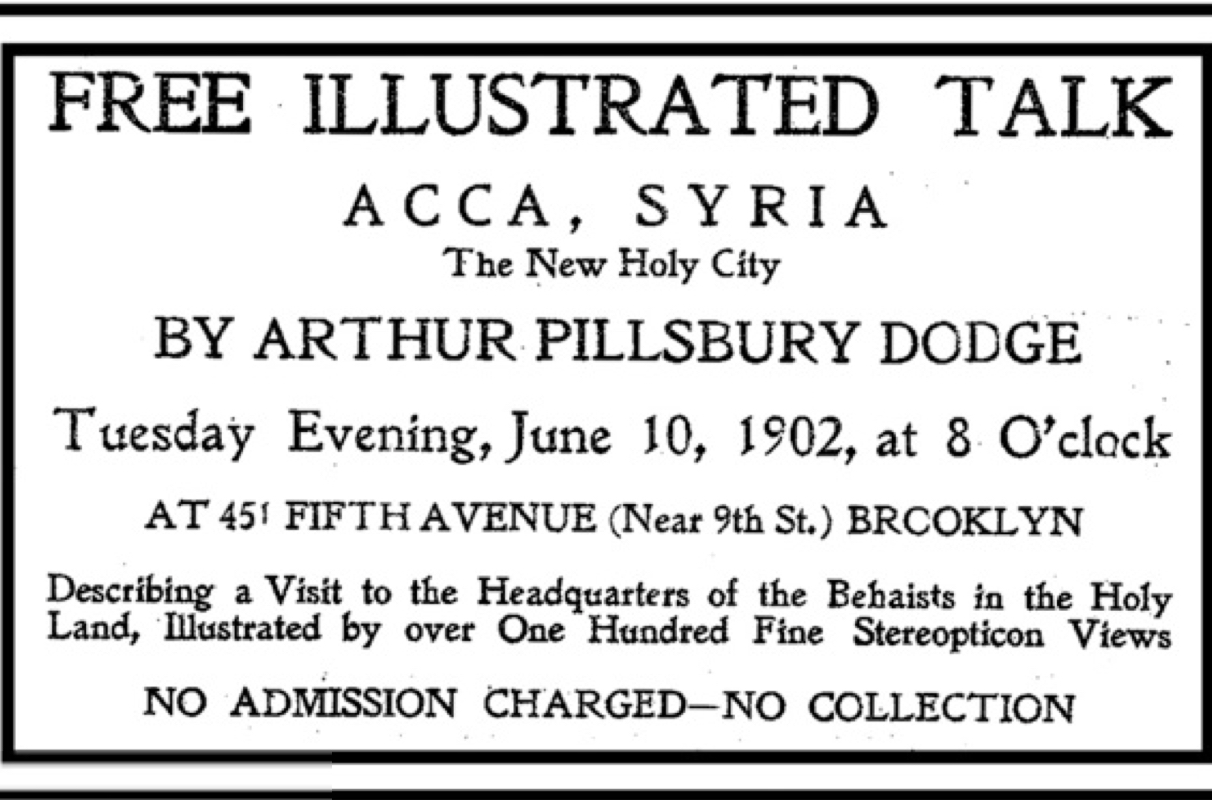
The First 40 Years of the Bahá’í Faith in New York
The information compiled in this document was made available to Hussein Ahdieh by the Local Spiritual Assembly of the Bahá’ís of New York City while working on the booklet honoring the Seventy-Fifth Anniversary of ‘Abdu’l-Bahá’s trip to New York City. Other sources include materials from The Star of the West, Robert Stockman’s books, Mahmud and Juliet Thompson diaries.
Compiled by Hussein Ahdieh
To read the full text click here ...more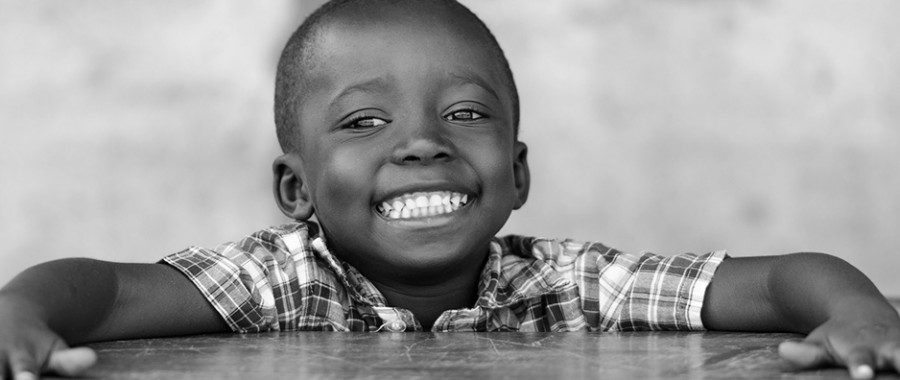
The Treasures That Education Can Reveal
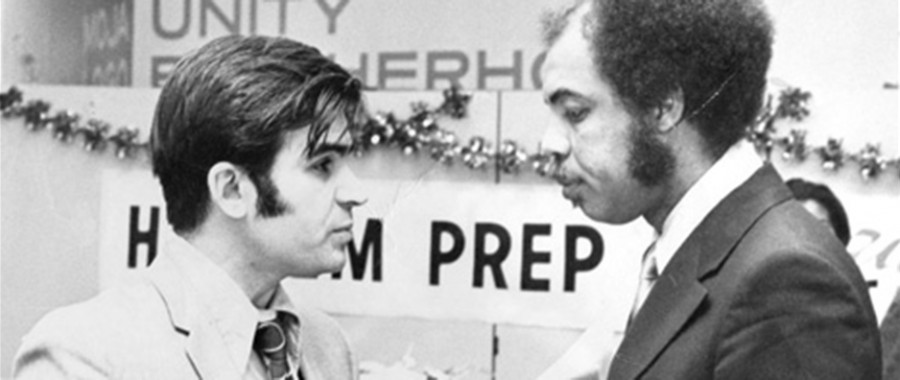
The Untold, Spiritual History of Harlem Prep
...moreThe education of each child is obligatory. If there are no parents, the community must look after the child. It is suggested that the childless educate a child.It is incumbent on every one to engage in some occupation, such as arts, trades, and the like. We have made this–your occupation–identical with the worship of God, the true one. – Abdu’l-Baha, Divine Philosophy, p. 26.To read the full text click here
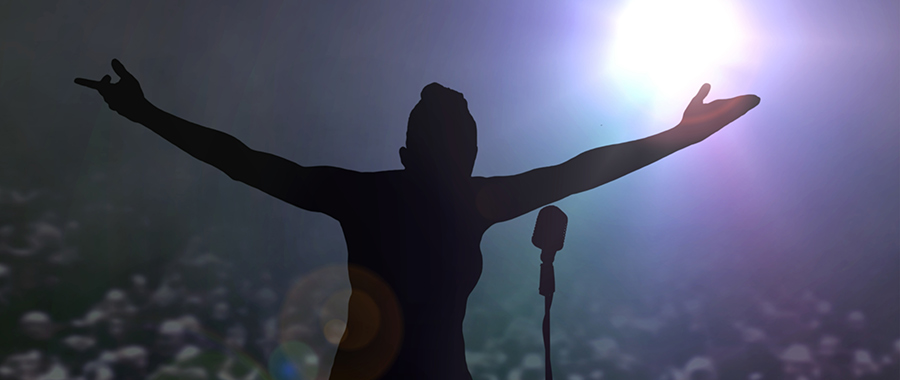
Tahirih Becomes a Heroic Figure in Books and Plays

Tahirih’s Magical Influence Over the Masses
One night when it was getting along toward dawn [Tahirih] laid her head on her pillow, lost all awareness of this earthly life, and dreamed a dream; in her vision a youth, a Siyyid [a descendent of Muhammad], wearing a black cloak and a green turban, appeared to her in the heavens; he was standing in the air, reciting verses and praying with his hands upraised. At once, she memorized one of those verses, and wrote it down in her notebook when she awoke. After the Báb had declared His mission, and His first book, “The Best of Stories,” [The Ahsanu’l-Qisas, the Bab’s commentary on the Surih of Joseph] was circulated, Tahirih was reading a section of the text one day, and she came upon that same verse, which she had noted down from the dream. Instantly offering thanks, she fell to her knees and bowed her forehead to the ground, convinced that the Bab’s message wa ...more

Tahirih’s Role in Women’s Emancipation
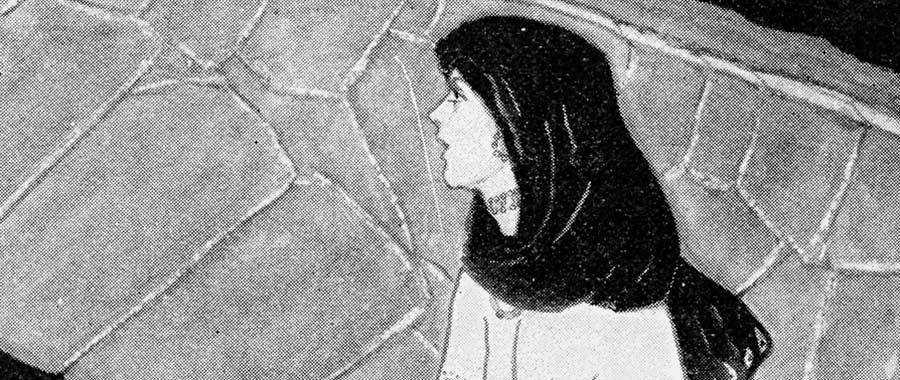
The Revered Symbol of the Women’s Emancipation Movement

A Woman Sacrifices Her Life for Equality
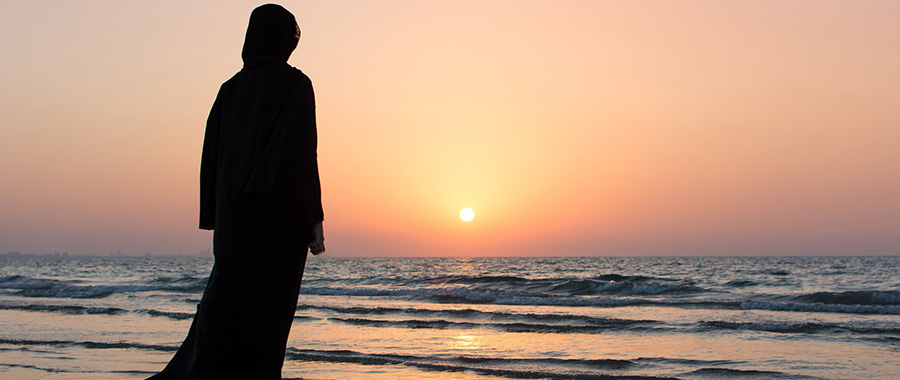
How the West Found Out about Tahirih
Interviews
Foreigner – Hussein Ahdieh’s New Book about His Journey from Iran to New York ( Baha’i Blog Interview)
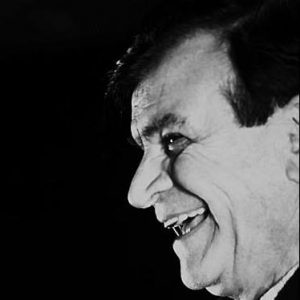
My dear friend and prolific writer and scholar Hussein Ahdieh has just released a memoir of his experiences as a Baha’i in Iran and an immigrant to the United States. You may recognize his name from the books Awakening: A History of the Babi and Baha’i Faiths in Nayriz or The Calling: Tahirih of Persia and Her American Contemporaries. Both books were co-written with Hillary Chapman, and now the dynamic duo have teamed up again for their latest book based on Hussein Ahdieh’s life, called Foreigner. It’s funny, it’s tender, and it sheds a powerful light on what it feels like to be an immigrant.
Hussein agreed to tell us about his book and what inspired him to write it: Baha’i Blog: Hi Hussein, can you tell us a little bit about your new book ‘Foreigner’, and what it’s all about? ‘Foreigner’ tells my story as an Iranian Baha’i immigrant to the United States in a series of moving and humorous episodes set against the backdrop of a changing Iran, the plight of the Baha’is there, and the tumult of the 60’s and 70’s in the United States. It’s a vivid re-telling of a foreigner’s experience — as a Baha’i in a Shi’a Muslim country, as an immigrant in a foreign land, as a poor person in New York City, as a Middle Easterner in the West – it’s full of my experiences with challenges and personalities from all walks of life. Baha’i Blog: Why was this an important book for you to write personally, and what was that experience like? I decided to write stories about my life to illuminate one corner of the experience of Iranian Baha’is in their home country, and as immigrants in the United States. The stories range in setting, from the tiny, dusty, dark and perilous village of Nayriz, lacking plumbing or electricity, brimming with scorpions, wild animals, wolves, and snakes, all the way to New York City and many glittering capitals of the world. I came from the rough streets of the small Iranian town of Nayriz to the streets of Harlem, New York, in the tumultuous late ‘60s. I grew up among the persecuted Baha’i religious minority in Iran, and then later worked at the Harlem Prep School, which helped guide hundreds of young African-Americans away from the streets and into college. In a series of stories told with honesty and humor, I am seen struggling with the harsh society of rural Iran and then with life on the margins of American society as an immigrant, misunderstanding the cultural norms of my new home, while trying to maintain my Baha’i and Iranian identities until I finally settled down into the American middle class in Queens. Baha’i Blog: What do you hope readers will walk away with after having read the book? I want the reader to see through the lenses of an independent searcher for a meaningful life, the hopes and promises given to the world by the Founders of this new, wondrous Faith, whose spirit is destined to unify the whole human race. Witnessing the raising of the Baha’i House of Worship in Samoa, I, along with many Iranian Baha’i immigrants and refugees suffering from the Iranian regime, saw that Baha’u’llah, as He had promised, had raised up Baha’is in the midmost heart of the ocean, in a region completely dissimilar to our native Iran which had rejected Him. There is a quote from the Baha’i Writings clearly indicating that: “Should they attempt to conceal its light on the continent, it will assuredly rear its head in the midmost heart of the ocean, and, raising its voice, proclaim: ‘I am the life-giver of the world’”.1 Baha’i Blog: This is a very personal book about your experiences as a “foreigner”, and so many can definitely relate to that; I’m sure there are things covered in the book and the lessons learned that are still relevant to people today. Hussein Ahdieh Everything that I knew about America I had learned from movies. I thought America had streets where Gene Kelly danced and sang in the rain! It had Broadway-lined streets with brightly lit movie houses and theaters. In my mind, American women were Marilyn Monroe, being teased on the train by Tony Curtis. American men were Gregory Peck, wooing Audrey Hepburn. America was full of beautiful people in colorful, expensive clothing, smiling happily in large chrome-trimmed cars going down a coastal highway in the sun, endlessly in love, casting their worries to the wind. From the moment I arrived in the United States, I had the feeling of being foreign. I was inside the country, but outside society. I had arrived with a few pairs of Ali Baba style pants, canvas underwear made by my mother, an unsightly large black coat, pistachios in my pockets, and hair gel because I feared not finding any in the new country. After long years of wondering in between the worlds, I found myself home only at Baha’i gatherings, where differences were seen as an asset and a contribution to others. Baha’i Blog: Is there anything else you’d like to share? Over the course of my life, like many Baha’is in Iran, the Baha’i Faith has sustained my soul, the United States of America has given me the opportunity to realize my professional potential, and the prayers of generations of my family has protected me. The moving stories of my personal spiritual journey described in the book are gently weaved with the larger historic fabric of the Baha’i emigrants seeking, finding and building Baha’i communities around the world. Do you remember the quote from a letter by the Universal House of Justice about the suffering of the Iranian Baha’is? It says: “Every drop of blood shed by the valiant martyrs, every sigh heaved by the silent victims of oppression, every supplication for divine assistance offered by the faithful, has released, and will continue mysteriously to release, forces over which no antagonist of the Faith has any control, and which, as marshalled by an All-Watchful Providence, have served to noise abroad the name and fame of the Faith to the masses of humanity in all continents….”2 Baha’i Blog: Thank you so much, Hussein, and congratulations on another wonderful book! You can purchase a copy of ‘Foreigner’ from your local Baha’i Bookstore, or here on Amazon. You can also follow Hussein or find out more about ‘Foreigner’ on Facebook, Instagram or Medium or read some of his papers here on Academia.edu. Read Baha’i Blog’s interviews with Hussein Ahdieh about his other books using the following links: * Awakening: A History of the Babi and Baha’i Faiths in Nayriz * ‘The Calling’: A New Book About TahirihHussein Ahdieh
Hussein Ahdieh interview on the book “Foreigner” with Nwandi Lawson, former PBS producer
Novin TV interview with Dr.Hussein and Tahereh Ahdieh on the book Awakening
Dr.Ahdieh’s interview with GPB producer Nwandi Lawson
Awakening Interview with Hussein Ahdieh and Nwandi Lawson, GPB Producer

